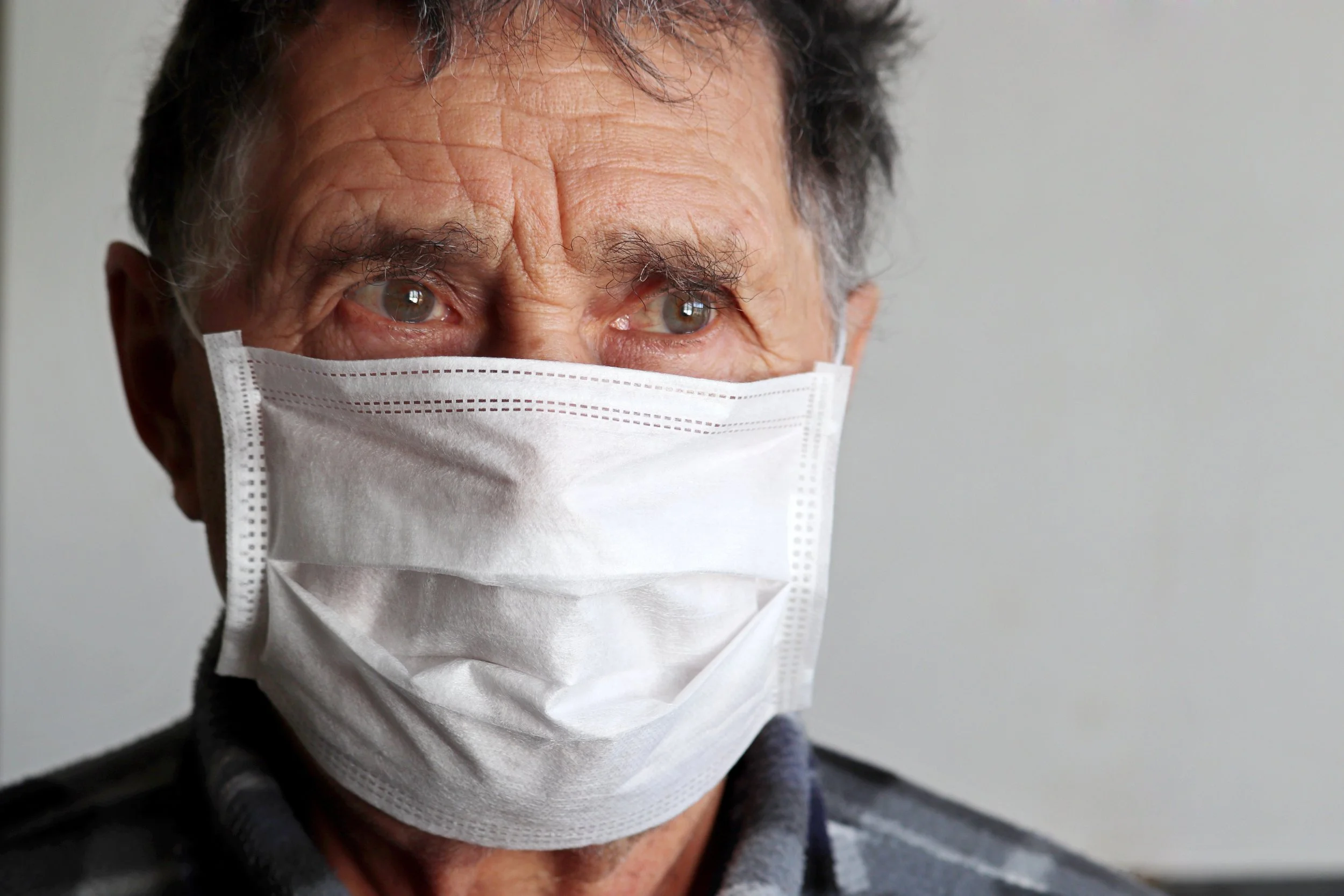For Immediate Release
May 9, 2023
Contact: AHCAPressOffice@ahca.org
WASHINGTON, D.C. – The American Health Care Association and National Center for Assisted Living (AHCA/NCAL), representing more than 14,000 nursing homes and other long term care facilities across the country that provide care to approximately five million people each year, released a statement preceding the end of the COVID-19 Public Health Emergency on Thursday, May 11.
The following statement is attributable to Mark Parkinson, president and CEO of AHCA/NCAL:
“This pandemic took an enormous toll on our staff and residents, and we will forever carry in our hearts the hundreds of thousands of lives in long term care that were lost due to this vicious virus. It is a relief to know that we are well on the other side of this clinical nightmare thanks to lifesaving vaccines, therapeutic treatments, and our amazing providers and caregivers who didn’t give up even during the most challenging times. Our nation’s public health response has come a long way since 2020, and we now have the tools to help protect our precious seniors.
“The Public Health Emergency waivers have been a critical lifeline, as nursing homes have struggled to keep their doors open and fight against an unprecedented, once in a century crisis. We appreciate the support we have received from the Administration and the time they have granted providers to prepare for these changes. As we move forward, we will carry on advocating to eliminate Medicare’s three-day-stay requirement and creating a realistic career pathway for temporary nurse aides. We will also maintain our commitment to educating and encouraging our residents and staff on the importance of staying up to date on their COVID-19 vaccinations.
“The Public Health Emergency may be ending, but the recovery from the pandemic continues. For long term care, that recovery has been slow, especially in rebuilding our workforce. Our main priority is to encourage Congress and the Administration to make meaningful investments that will help us attract and retain a pipeline of caregivers and protect access to care for our nation’s seniors. Nursing homes cannot solve this crisis on their own, and we will continue to urge policymakers to pass supportive policies that prepare for a growing elderly population.”
Following the end of the PHE waivers, AHCA/NCAL will continue to prioritize:
Eliminating the three-day-stay requirement: For years, AHCA/NCAL has advocated to eliminate Medicare Part A’s three-day-stay requirement or recognize observation stays as qualifying stays. Seniors who receive care in the hospital, regardless of their inpatient or observation designation, must be able to access post-acute care in a skilled nursing facility when they need it without fear of considerable out-of-pocket costs. Eliminating this policy best meets the beneficiary’s access to care needs, reduces out-of-pocket costs, and is fiscally prudent for the Medicare Trust fund.
Support of the Building America’s Health Care Workforce Act: Starting May 11, temporary nurse aides in nearly 20 states and hundreds of nursing homes will have only four months to earn their certified nursing assistant (CNA) certification, but many states are experiencing training and testing backlogs. Thousands of direct caregivers may be out of a job if they can’t complete their certification in four months. The profession is already facing a historic labor crisis, and residents deserve continuity of care. Congress should pass the Building America’s Health Care Workforce Act, which gives temporary nurse aides a more realistic path – 24 months – to earn their certification and build a permanent career in long term care.
Policies and programs that invest in our workforce: Rather than unfunded staffing mandates, AHCA/NCAL has laid out comprehensive solutions to bolster the long term care workforce and build a pipeline of caregivers in the Care For Our Seniors Act,which includes: common-sense immigration reform that increases opportunities for foreign-born individuals to work in the long term care profession;loan forgiveness for new graduates who work in long term care;assistance programs for caregivers, such as affordable housing, housing down payments and childcare;direct incentives to states that invest in nursing education programs; andcareer ladder scholarships that would encourage staff to become registered nurses, among others.
Learn more about the Care for Our Seniors Act here.
###
ABOUT AHCA/NCAL
The American Health Care Association and National Center for Assisted Living (AHCA/NCAL) represents more than 14,000 non-profit and proprietary skilled nursing centers, assisted living communities, sub-acute centers and homes for individuals with intellectual and development disabilities. By delivering solutions for quality care, AHCA/NCAL aims to improve the lives of the millions of frail, elderly and individuals with disabilities who receive long term or post-acute care in our member facilities each day. For more information, please visit www.ahcancal.org.








